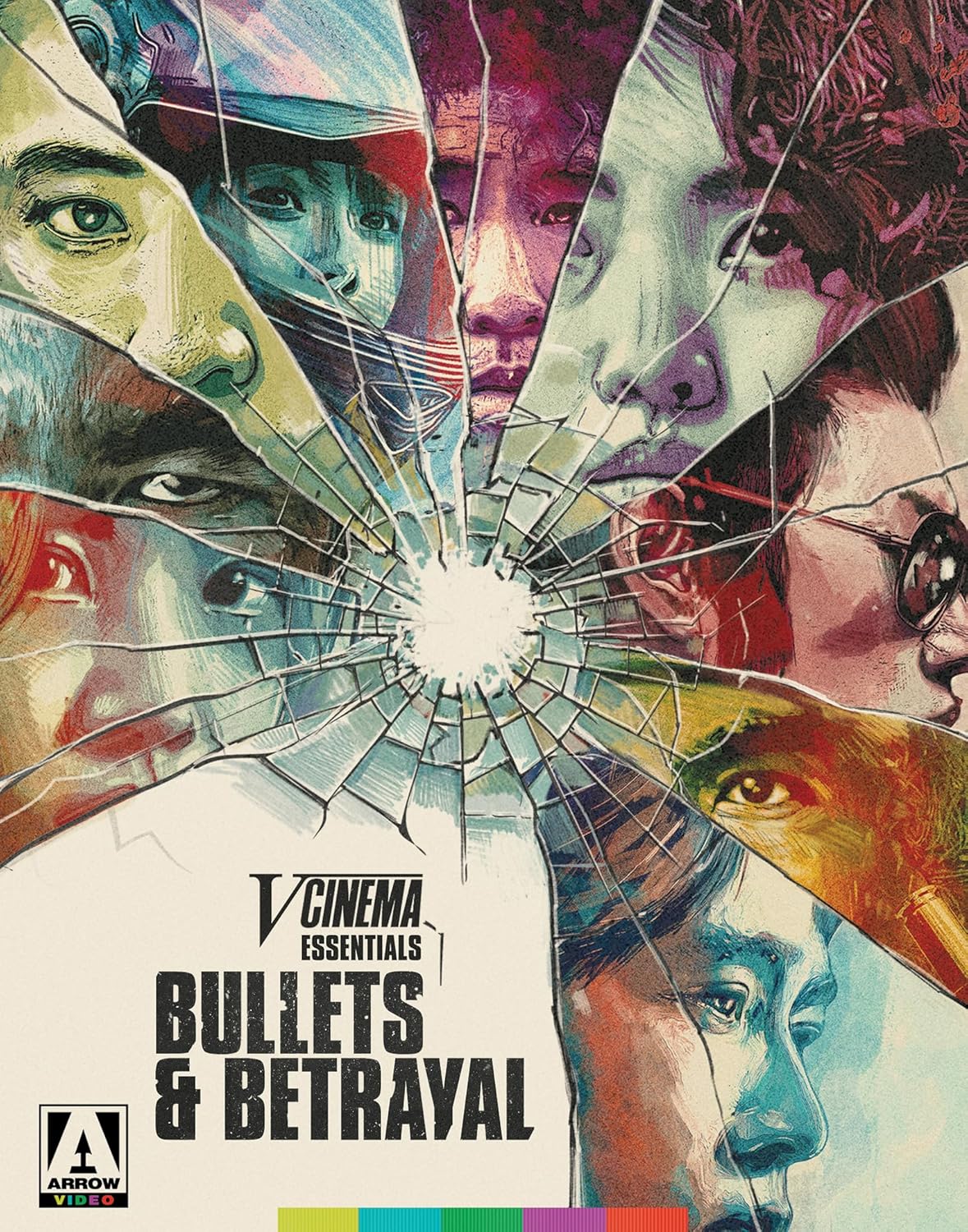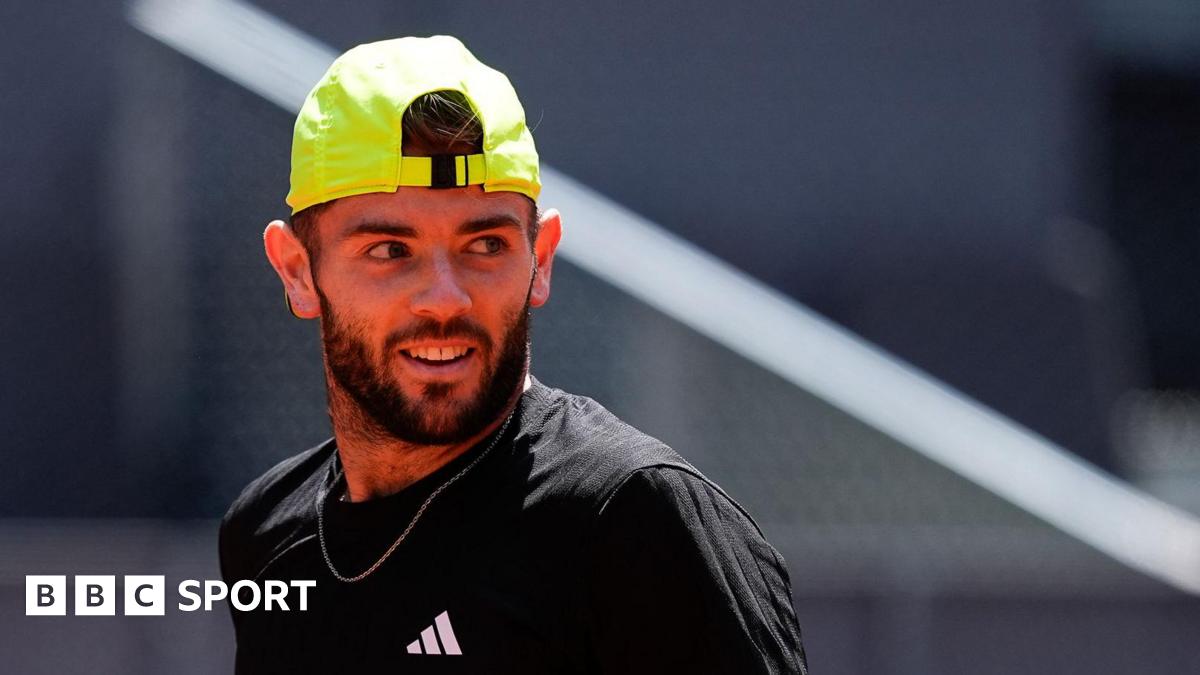Film Review: Carlos (1991) by Kazuhiro Kiuchi
“I want Hayakawa’s head. Now!”
Long before Takashi Miike‘s “City of Lost Souls” explored the cultural clash of diasporic crime in Japan, Kazuhiro Kiuchi‘s “Carlos” fired the first bloody shots in the V-cinema underworld. Set amid the rising presence of dekasegi—Brazilian nationals of Japanese descent returning to their ancestral homeland under a controversial 1980s visa program—Kiuchi’s directorial debut filters sociopolitical realities through a gritty yakuza lens, drawing from both lived migration histories and pulpy genre stylings. The story was inspired by a real news article about a fugitive Taiwanese gangster hiding out in Japan and adapted from Kiuchi’s own obscure, homonymous manga.
In the shadows of Japan’s yakuza underworld, tensions boil over when ailing boss Yamashiro suspects a rival clan, led by boss Hayakawa, of orchestrating the murder of his men. Eager to seize power amid the chaos, ambitious underboss Katayama hires Carlos, a Brazilian-Japanese hitman with a troubled past, to eliminate Hayakawa. As competing factions move in and another assassin enters the fray, Carlos finds himself trapped in a deadly double-cross. With his family’s safety on the line and no one left to trust, he must navigate a brutal web of betrayal, loyalty, and survival in a foreign land that still sees him as an outsider.
Although yakuza movies of the era were a dime a dozen, Kazuhiro Kiuchi, in his debut, manages to create a movie that stands out in a number of ways. For starters, Seizo Sengen’s cinematography is much better than what we usually see in straight-to-video productions. Fitting close-ups, crane shots that allow the camera to linger, intense depth of field, as in the lengthy corridor scene, and the visual contrast between the feisty club, bathed in reds, and the dark yakuza world truly set his work apart in a remarkably competent effort.
Secondly, Naoto Takenaka, one of my favorite Japanese actors, gives one of the best performances of his career. He plays a mad dog in the best fashion, reminiscent of Sonny Chiba in “Yakuza Papers,” though in a more restrained way. His paranoid laughter, the fact that he radiates danger with every move, and the moments when he loses his self-assurance are truly a wonder to watch.
The way Kiuchi steps outside the yakuza world to present the lives of dekasegi, essentially misfits on the borders of society, before returning to the criminal underworld is excellent, resulting in a compelling amalgam that makes “Carlos” much more than a typical yakuza movie.
Beyond these distinguishing elements, the trademarks of the genre are also on a high level. The action is brutal, occasionally bordering on the style of exploitation movies, with blood flowing abundantly on screen. The noir element and the slight nod to “Yojimbo” are well implemented, although the narrative depth is not especially profound, with the focus clearly on action. Some lagging occurs, particularly during the middle part, but the final act compensates, with the editing in this section being quite competent. The “Scarface” finale is definitely the cherry on top, in a movie that also shows its creators know when not to take themselves too seriously.
“Carlos” is one of the best V-cinema titles and an excellent yakuza movie overall.













